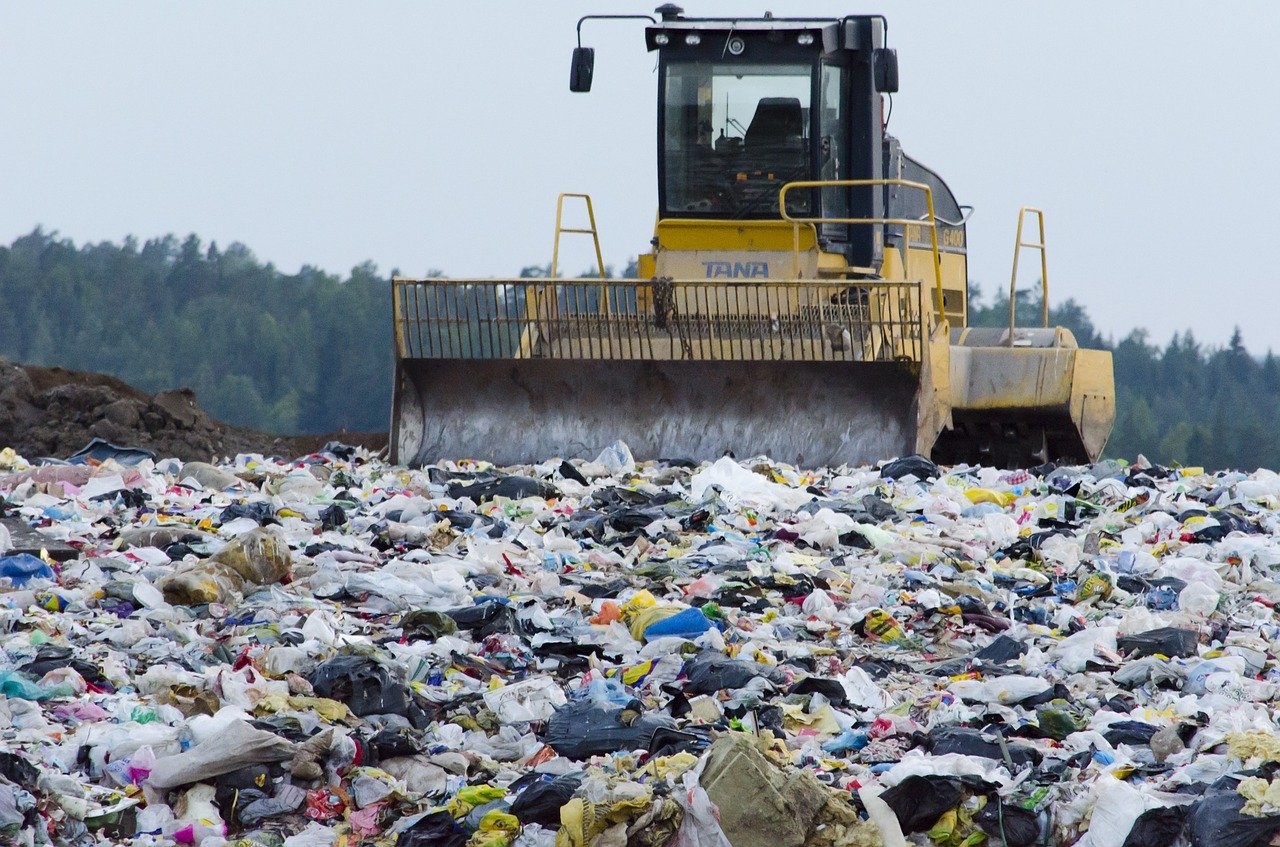Zero waste by 2030

This is Wiltshire’s aim in the Core Strategy to 2026.
The current cost of managing all the waste in Wiltshire is around £30 million a year, and there is a need to reduce costs. Diverting waste from landfill where the cost of disposal is nearly £100 per tonne is all important.
Reduce, Reuse, Recycle
Having less waste to manage is one answer and the co-operation of households and businesses makes all the difference. The Council web-site for waste is much improved and more recyclables are being collected. Having them cleaned and sorted makes managing waste much easier.
There is also more re-use. Furniture and white goods are being repaired so they can benefit many people and a greater variety of plastics is being recycled. Green waste is collected to make compost. Food waste is not collected yet but there is an increase in the use of green joannas for turning vegetable peelings into compost.
While efforts have been made to reduce plastic packaging there is still a lot of it. It is not easy to buy goods in supermarkets without it so this is an area where there is still progress to be made. Some health stores have shown the way by having containers for dry goods such as rice and pulses from which the shopper’s own bag or a paper bag can be filled.
The Co-op reports that they have made 1000 ECO bricks with used plastic, changed to compostable bags, reduced the use of 1,350 tonnes of plastic for own brand items and helped to collect 383 bags of litter on World Environment Day with the help of 742 volunteers and 388 school children. They are hoping to eliminate black and dark plastic by 2020.
The lockdown caused by the Covid crisis has shown what it can be like to be without noise and pollution and this is an exciting time for renewable energy with all the new discoveries. Powershare Energy has found a way of producing hydrogen for lorries from waste plastic and can take the sorts of plastic that have not been able to be reused previously.
A mechanical biological plant has been built at Westbury that sorts and treats waste with people handling machines behind glass screens inside an enclosed building. The end product is safe dry fuel which used to be shipped to Germany and then burnt to produce energy. Wiltshire Council has given the go ahead to an adjacent plant so the fuel can produce energy for the grid locally. This will avoid the need for long distance transport by road and sea.
Litter problem
It is bad news for farmers and for the Council whenever there is a change to Household Recycling Centres. Inevitably gateways are filled with waste dumped by those who have found the Centre closed. There is no doubt that having efficient local HRCs increases the recycling and reuse of waste rather than putting it into black bags for more expensive treatment. Payments for the return of bottles, both glass and plastic, might bring the incentive to pick them up rather than throw them away.
Hopefully we are moving to better solutions and the aim for zero waste does not seem so extraordinary as when it was first put forward some years ago by campaigners and in 2009 by Wiltshire Council.



